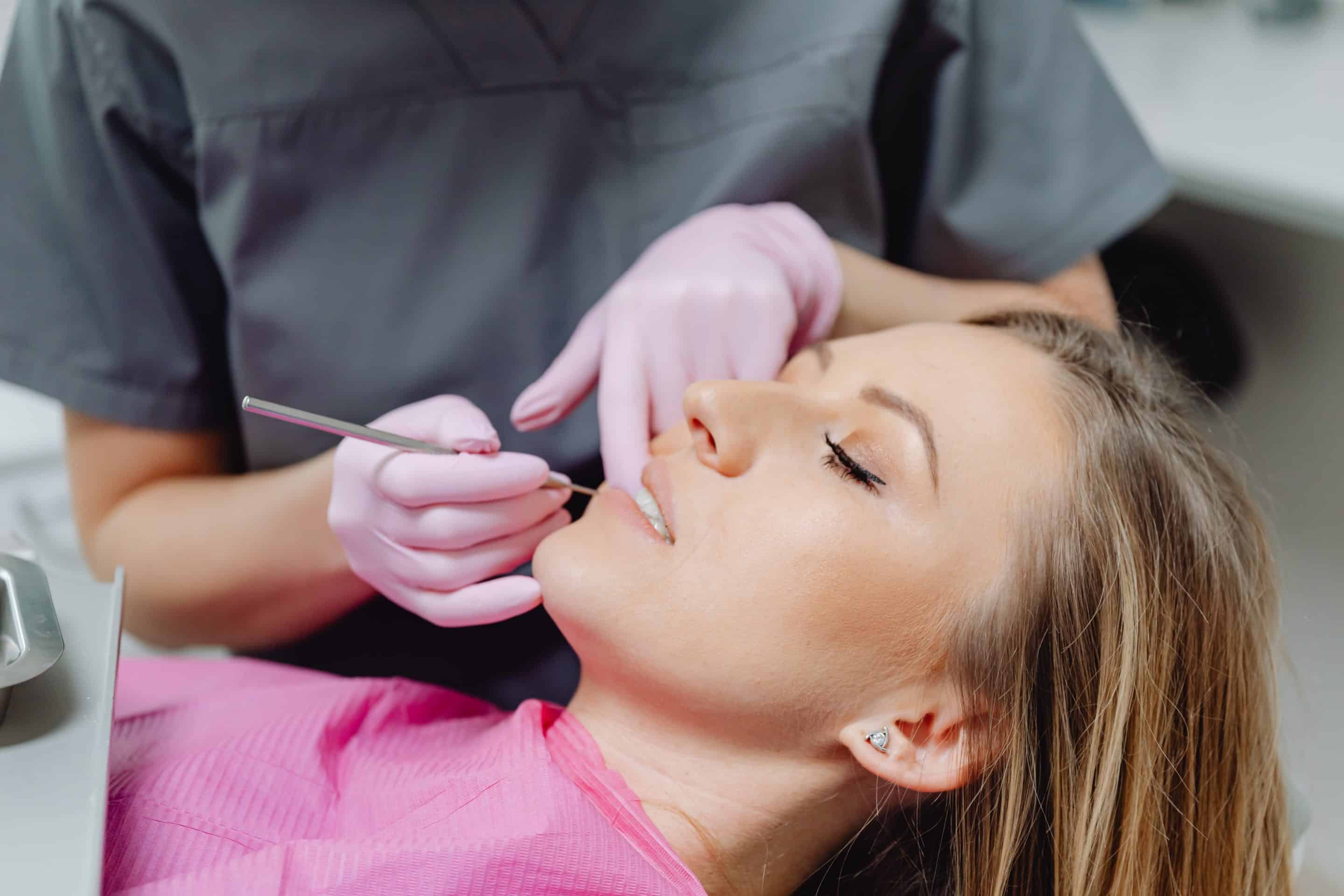A root canal procedure is often performed to manage damage or infection within a tooth’s pulp. While it’s a common treatment in modern dentistry, patients often wonder what recovery involves and how best to support healing in the following days and weeks.
Understanding what to expect after the procedure can help you properly manage discomfort, care for the treated area, and recognise signs that may require further attention. If you’ve undergone or are planning to receive root canal therapy, this blog post outlines the practical aspects of post-treatment recovery.
Initial Sensations: What You Might Feel After the Procedure
It’s normal for the area around a treated tooth to feel slightly sensitive or tender for a few days after a root canal. This is often due to inflammation or irritation around the surrounding tissues rather than the tooth itself.
After your procedure, you may notice:
- A dull ache or slight pressure in the treated area
- Minor discomfort while chewing or brushing
- Temporary numbness or altered sensation due to local anaesthesia
Oral Hygiene: Gentle but Consistent Care
Keeping your mouth clean after a root canal is important. However, avoid being too forceful, especially when brushing or flossing near the treated area.
General oral hygiene suggestions include:
- Brushing twice daily with a soft-bristled toothbrush
- Flossing gently, avoiding the treated area until it’s comfortable
- Rinsing with a warm saltwater solution to reduce bacteria (avoid alcohol-based mouthwash unless directed)
- Avoiding poking or touching the treated area with your fingers or tongue
It’s wise to continue attending regular dental check-ups and cleanings to help ensure your teeth and gums stay healthy post-treatment.
Eating and Drinking: Choosing the Right Foods During Recovery
Immediately after the procedure, it’s best to avoid chewing on the side of your mouth where the treatment was performed. Your dentist may also advise that you stick to a soft-food diet for a short period to prevent irritation or pressure on the area.
Foods that are generally easier on your teeth during this time include:
- Mashed vegetables (like pumpkin or potato)
- Soft fruits such as bananas or stewed apples
- Yoghurt, custard, or porridge
- Cooked pasta and scrambled eggs
- Blended soups and broths
Try to avoid:
- Hard or crunchy foods (nuts, chips, raw carrots)
- Chewy or sticky items (lollies, gum)
- Extremely hot or cold drinks, especially if sensitivity persists
- Alcohol, particularly if you’re taking any medications
Signs to Watch For: When to Reach Out to Your Dentist
While most root canal recoveries proceed without issue, certain symptoms may require professional assessment. It is sensible to monitor how your teeth and gums respond after treatment.
You should contact your dental provider if you notice:
- Persistent or severe pain that doesn’t ease over time
- Swelling around the face, jaw, or gums
- A pimple-like bump is forming near the treated tooth
- Discharge or an unpleasant taste in the area
- Difficulty chewing or changes in your bite alignment
While these symptoms don’t always indicate a serious issue, early attention can help identify if further care is needed.
Protecting the Tooth: The Importance of Final Restoration
In most cases, a root canal-treated tooth will require a follow-up restoration, such as a crown or filling, to provide long-term support. Until this is completed, the tooth may remain vulnerable to further damage or wear.
Restoration options may include:
- A dental crown for structural reinforcement, especially in molars
- A permanent filling to seal the access point in the tooth
- Additional dental impressions to help ensure the restoration fits securely
Until the restoration is finalised, your dentist may advise avoiding chewing hard foods or using the affected tooth excessively.
Recovery Timeline: How Long Does It Usually Take?
Recovery after a root canal is not the same for everyone. Factors such as the complexity of the procedure, the condition of the tooth, and your overall oral health can influence healing time.
A general guide to recovery stages:
- First 24–48 hours: Some sensitivity is expected; stick to soft foods and avoid chewing near the treated tooth.
- Days 3–7: Discomfort typically begins to ease; you may resume more normal eating habits, with caution.
- 2–3 weeks: The treated area generally stabilises, and your dentist may complete the restoration if not done earlier.
Following your provider’s instructions and attending scheduled appointments helps support recovery and ongoing care.
Root Canals: Support Throughout the Treatment Process
For those seeking root canal care in Palm Beach, finding a provider who offers guidance from initial consultation through post-treatment follow-up can make a significant difference. Focusing on patient comfort and personalised care can help ease concerns and support a smoother recovery experience.
Clear explanations of post-procedure instructions are essential, helping individuals feel more confident about managing their recovery at home. The use of modern techniques and equipment also contributes to a more comfortable and efficient approach to treatment, aimed at supporting healing without added stress.
Whether you’ve recently had a root canal or are exploring options, working with a practitioner who provides comprehensive care can help you stay informed and feel supported throughout your dental journey.
Looking Ahead: Keeping Your Treated Tooth Healthy
Once your tooth has healed and been restored, maintaining good oral hygiene and routine dental visits becomes key to long-term stability. Root canal treatment is designed to address internal tooth issues, but the surrounding gums and teeth also need ongoing care.
Long-term maintenance tips include:
- Brushing and flossing daily to keep plaque and bacteria at bay
- Avoiding habits like nail-biting or using your teeth to open packages
- Wearing a nightguard if teeth grinding is an issue
- Visiting your dentist regularly for check-ups and cleanings
Good dental care doesn’t stop after the procedure. Preventive habits can help ensure the treated tooth remains functional and comfortable for years.
Need Support with Root Canals in Palm Beach?
At Dental Haus, we understand that every root canal recovery is unique. Our team is here to support you with personalised advice and comprehensive care throughout your treatment and beyond. We offer root canal services in Palm Beach, combining a careful, evidence-based approach with a focus on patient well-being.
If you’ve recently had a root canal or need guidance on what to do next, contact us via our contact page or give us a call to arrange a follow-up consultation.










